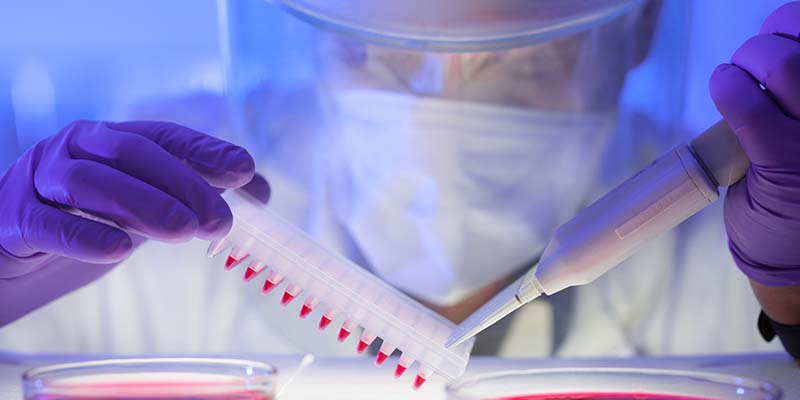Kaiser Permanente Northwest Launches National Cancer Institute Research Study to Inform the Future of Cancer Prevention
Stories - April 6, 2023

Kaiser Permanente Center for Health Research (Kaiser Permanente NW) has started recruitment for the National Cancer Institute (NCI), part of the National Institutes of Health, Connect for Cancer Prevention Study™ (Connect). Connect is designed to explore the causes of cancer and learn more about how to prevent it. Kaiser Permanente NW is one of nine health care systems across the country participating in this cutting-edge research. Together, these health care systems and the NCI seek to recruit 200,000 eligible adults over the next five years to participate in the study.
 Mark Schmidt, PhD, MPH
Mark Schmidt, PhD, MPH Kaiser Permanente NW aims to recruit 19,000 members who are between the ages of 40 and 65 and have no history of cancer to participate in this important study,” said Mark Schmidt, PhD, MPH, Kaiser Permanente NW scientific lead. “We couldn’t be more excited to be a part of this ground-breaking effort. Through participating locally here in the Pacific Northwest, KPNW members will have a national – and indeed, global – impact on the science behind cancer prevention.”
Connect is a long-term study. It takes time to understand the causes of cancer, so participants are asked to take part in the study for many years. They will be asked to complete online health surveys a few times a year and to donate samples of blood, urine, and saliva every two to three years. Safeguards for privacy and confidentiality will be in place to protect participants’ data and biological samples.
“Cancer is the second leading cause of death in the U.S. While much progress in treatments has been made, the number of people who will develop cancer is expected to rise in the next 10 years as the population ages and lifestyles and behaviors change,” said Stephen J. Chanock, M.D., Director of NCI’s Division of Cancer Epidemiology and Genetics (DCEG).
“The Connect for Cancer Prevention Study will explore novel and emerging exposures that may affect cancer risk. This study will change the future of cancer prevention,” said Montserrat Garcia-Closas, M.D, Dr.P.H., Deputy Director of NCI’s DCEG and Connect Principal Investigator.
Through Connect, NCI researchers hope to identify factors that could affect cancer risk and other health outcomes. These findings have the potential to influence public health and cancer prevention guidance for years to come. Participants in Connect will be a part of a community representing diverse places and backgrounds to ensure everyone can benefit from the discoveries.
To learn more about the Connect for Cancer Prevention Study, visit cancer.gov/connectstudy.